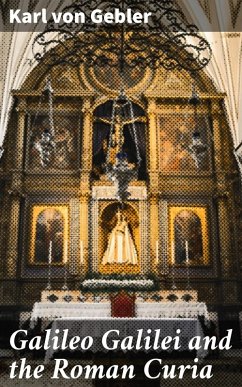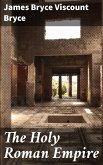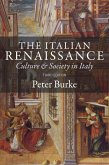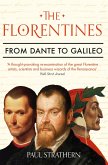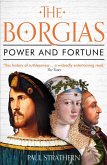In "Galileo Galilei and the Roman Curia," Karl von Gebler meticulously examines the fraught relationship between the pioneering astronomer Galileo Galilei and the Roman Catholic Church during the early 17th century. Utilizing a rich historical narrative interwoven with philosophical inquiry, Gebler's prose reflects a commitment to detail and clarity, illustrating the tension between scientific innovation and religious dogma. The book offers an insightful perspective on the political and theological climate of the time, highlighting how the interplay between Galileo's groundbreaking discoveries and the Roman Curia's authoritative stance on cosmology reflects larger conflicts about epistemology and faith; a striking exploration of the Enlightenment's dawn amid ecclesiastical entrenchment. Born in 1840 in a landscape steeped in intellectual ferment, Karl von Gebler was a historian and philosopher with a fervent dedication to elucidating the complexities of human thought. His academic background in philosophy and natural sciences undoubtedly shaped his approach to this work, as he sought to contextualize Galileo's plight within the larger thematic framework of science and religion, power and dissent, illuminating the broader implications of Galileo's trial for subsequent generations. Gebler's analysis sheds light not only on Galileo's individual challenges but also on the enduring struggle between faith and reason. This compelling narrative is essential reading for historians, scientists, and anyone interested in the intersection of knowledge systems, making it a vital addition to both scholarly discourse and the bookshelf of any intellectually curious reader.
Dieser Download kann aus rechtlichen Gründen nur mit Rechnungsadresse in A, B, BG, CY, CZ, D, DK, EW, E, FIN, F, GR, H, IRL, I, LT, L, LR, M, NL, PL, P, R, S, SLO, SK ausgeliefert werden.

